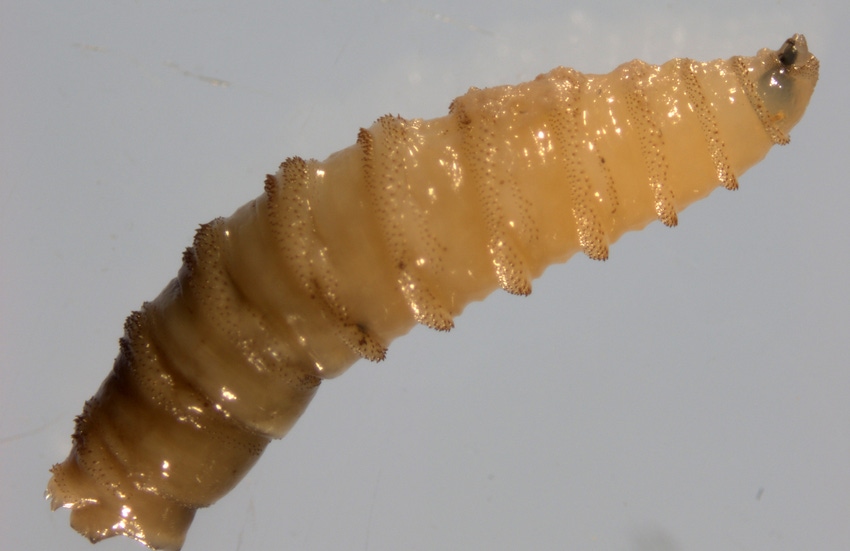January 11, 2017

Following the announcement that a stray dog in Homestead, Fla., was positive for New World screwworm, the USDA and Florida Department of Agriculture and Consumer Services will release sterile flies Jan. 13 in the Homestead area as a precautionary measure.
Since the 1950s, the Sterile Insect Technique has been used to effectively eradicate screwworm, and it is considered safe for people, animals and the environment.
“While the dog has been treated and is doing well, there are still a lot of unknowns about the dog’s history and recent locations. Given that Florida’s livestock industry is at stake, this sterile fly release is a precautionary move to ensure we’re doing everything we can to aggressively eradicate the screwworm from Florida,” stated Florida Commissioner of Agriculture Adam H. Putnam.
“The Sterile Insect Technique is the most effective resource we have to eliminate New World screwworm. We urge residents and visitors to observe their pets and other animals in the area for any suspicious wounds. These observations are critical to our eradication program,” said Dr. Jack Shere, USDA Chief Veterinarian.
New World screwworm was first confirmed Sept. 30, 2016 in Key deer from the National Key Deer Refuge on Big Pine Key, Fla. This initial presence of screwworm was the first local detection in the United States in more than 30 years, and Putnam declared an agricultural state of emergency in Monroe County, Fla.
Animal health and wildlife officials at the state and federal levels have been working aggressively to eradicate this pest. Extensive response efforts have included: fly assessments to determine the extent of the infestation, release of sterile flies to prevent reproduction and disease surveillance to look for additional cases in animals. To date, fly assessments have been conducted on 40 Keys. USDA has released over 80 million sterile flies from 25 ground release sites in the Keys.
The agencies immediately expanded surveillance in Homestead following the screwworm confirmation in the stray dog. While no additional animals have been found with screwworm and none of the surveillance measures has yielded positive finds, this sterile insect release is being conducted as a preemptive measure.
New World screwworms are fly larvae (maggots) that can infest livestock and other warm-blooded animals, including people in rare cases. They most often enter an animal through an open wound and feed on the animal’s living flesh.
In the 1950s, USDA developed a new method to help eradicate screwworm using a form of biological control, called the sterile insect technique, which releases infertile male flies in infested areas. When they mate with local females, no offspring result. With fewer fertile mates available in each succeeding generation, the fly, in essence, breeds itself out of existence. USDA used this technique to eradicate screwworm from the U.S. and worked with other countries in Central America and the Caribbean to eradicate it there as well. Today, USDA and its partners maintain a permanent sterile fly barrier at the Darien Gap between Panama and Colombia to prevent the establishment of any screwworm flies that enter from South America.
Residents who have warm-blooded animals (pets, livestock, etc.) should watch their animals carefully and report any potential cases to 1-800-HELP-FLA (1-800-435-7352) or non-Florida residents should call (850) 410-3800. Visitors to the area should ensure any pets that are with them are also checked, in order to prevent the spread of this infestation.
While human cases of New World screwworm are rare, they have occurred, and public health officials are involved in the response. For more information about this disease in humans, please contact your local public health department.
About the Author(s)
You May Also Like






